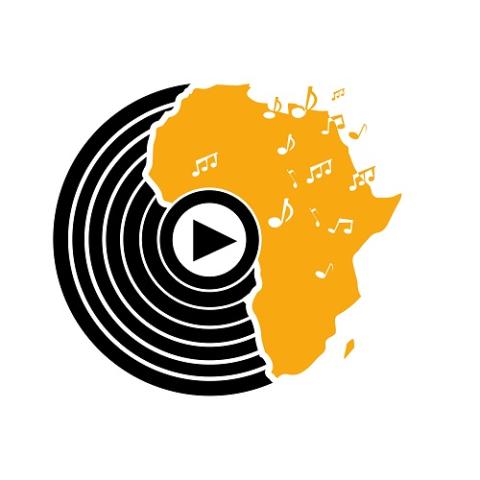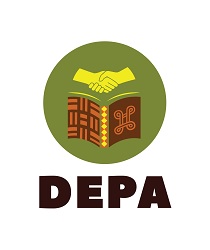
Covid has been a major barrier or challenge during data collection for the DEPA team in South Africa. Restrictions of movement imposed by lockdown, Volley's methodology had to endure an almost indefinite waiting period before he could go into the community and start data collection. He was also unable to explore as far out as he wanted, and also had limitations on the numbers of people he had desired to work with initially. There were also the daunting thoughts of fearing to infect and being infected with COVID-19 that Volley and our participants had to deal with and get on with in spite of.
To interpret decolonisation in music whilst still using western instruments, according to Volley, is unavoidable. However, he wanted to start with the instruments that predate colonialism in Africa, and thereafter, have collaborations that could also show both benefits and losses that came alongside colonisation to the culture of Africa, especially to the African identity. Having a key focus on colonisation, conflict and interpretation thereof in music or sound, Volley expressed a desire to collect data from the deeper rural context, where people would use trees and animal skins to produce their own unique sounds. This would entirely exclude many forms of western derived sounds so as to uncover the more decolonised sound spaces.
The budget was, however, a very obvious challenge for data collection, directly linked to the pandemic. The project itself underwent a budget cut, similar to many other UK government funded projects worldwide. This was due to a diversion of government funds from research and education, into more critical areas to help the country cope with the economic impacts of the pandemic. As a result, the money allocated to data collection was then inadequate to facilitate the reach into the more remote and isolated rural communities which were previously preferred. Thus, Volley had to regroup, and find his way into homes of cultural practitioners, who were also no longer available in their places of work during the lockdown in South Africa. Thankfully, somehow, this allowed him access to the traditional instruments he had hoped to access in his remote visits, and getting expert insights into their use, as opposed to the intended rural folks’ firsthand experiences with the instruments.
Running workshops in Gauteng with the mbira players fortunately went on as close to normal as possible. This was because the groups were already small and could adhere to the group size limitations and distancing protocols of the lockdown restrictions. However, when trying to get different instrument groups together, number restrictions did not allow. Nonetheless, getting around this problem actually metaphorically reflected the unity and harmony that exists in art expression. Each group would have to record their part in the sound scape separately, and thereafter, all parts would be put together after all pieces are complete. This, and I quote Volley, “is a reflection of the nature of African music”, showing how in the villages, people would come together and harmonise different parts to the same song with a magical synchrony that is inherent to a united people, even if it is unrehearsed. Volley had to improvise with using small recording devices outside of the studio to record the sounds and would then have to do more work thereafter in the studio to enhance the sounds for better quality and clarity.
Whilst there were indeed challenges that came with the pandemic during data collection, our team has displayed commendable innovation and endurance. As the team remains committed to the project goals, we continue to look forward to novel findings and lessons in the process.
Mwazvita Dalu

